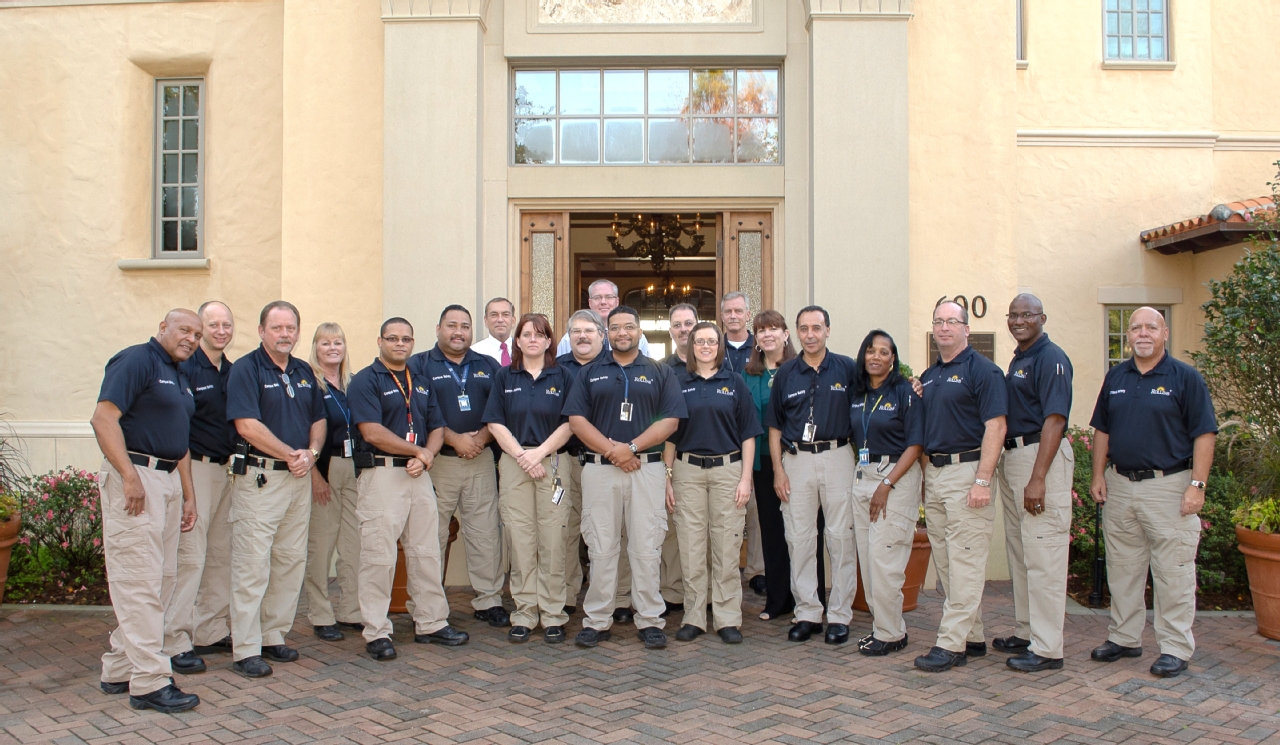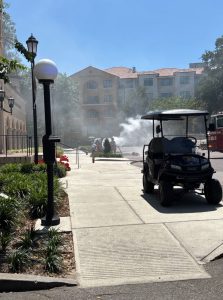In light of recent timely notifications from campus security regarding sexual assault cases, Garcia breaks down campus protocol for such instances.
What is a sexual assault? What is a sexual offense?
When defining sexual assault, rape – the most serious sexual offense – may come to mind. However, sexual offenses are divided into forcible and non-forcible categories. Forcible offenses include rape, fondling, sodomy, and sexual assault with an object. Non-forcible offenses include statutory rape and incest.
Statistics provided by Campus Safety indicate that over the course of a college career, 25% of college women are victims of completed or attempted rape. Furthermore, 9 out of 10 women raped in college knew their offenders prior to the assault.
A Campus Safety Report is compiled annually that outlines the differences between sexual offenses and contains three years of accumulated crime statistics. This useful document provides information on Sex Offense Educational Programs, preventing and responding to sexual assault, and how to file an internal complaint within the college.
Given the personal and delicate situation that sexual assault puts the victim in, reporting a sexual assault does not result in a criminal prosecution without the consent of the victim. Regardless of confidentiality, campus safety strongly advocates seeking medical treatment promptly and attending counseling after the incident occurs. If in need of transportation to a medical center, the Campus Safety Department offers 24-hour assistance and full disclosure among on-campus medical and counseling personnel.
According to Title 9, when reporting an incident to Campus Safety, the office is mandated to conduct a thorough investigation. However, a confidential safe haven on campus—the Counseling and Psychological Services office (CAPS)—offers another alternative. Within this office, consultations will not result in an investigation without expressed consent.
“We are strictly here as a confidential source. We will not urge them to report. That is completely up to the victim,” said Samantha Carver, Substance Abuse Counselor at CAPS.
If uncomfortable contacting CAPS directly, a survivor or witness may ask a Residential Assistant to contact a confidential victim advocate. Victim advocates are licensed counselors of the institution and trained to deal with sexual assault issues. They can also assist in rearranging living and/or academic situations. When speaking with a victim advocate, one is not committed to take further action or make an official complaint.
“Victim advocates are provided through CAPS. We have three counselors trained within that field. They are more knowledgeable [about]providing victims with options, both from a health standpoint and legal perspective—such as helping with the reporting process,” Caver said.
In regards to judicial proceedings, the hearing process is broken down in the Code of Community Standards. Both the accuser and the accused are entitled to have others present in preparation of the disciplinary process.
Permitted to assist prior to or during the hearing, advisers must be either a member of the Rollins College community (faculty, staff, or student body) or a parent of the student. CAPS also plays a key role during this process. Counselors can serve as advisers and can represent either the victim or the respondent.
“Sexual assault is such a tricky situation because the victim’s self-control is taken during that process. It is good for everyone to know that confidential sources are available on campus. Whether they wait to visit our office or report the incident, it is never too late to get help,” Carver said.















Be First to Comment